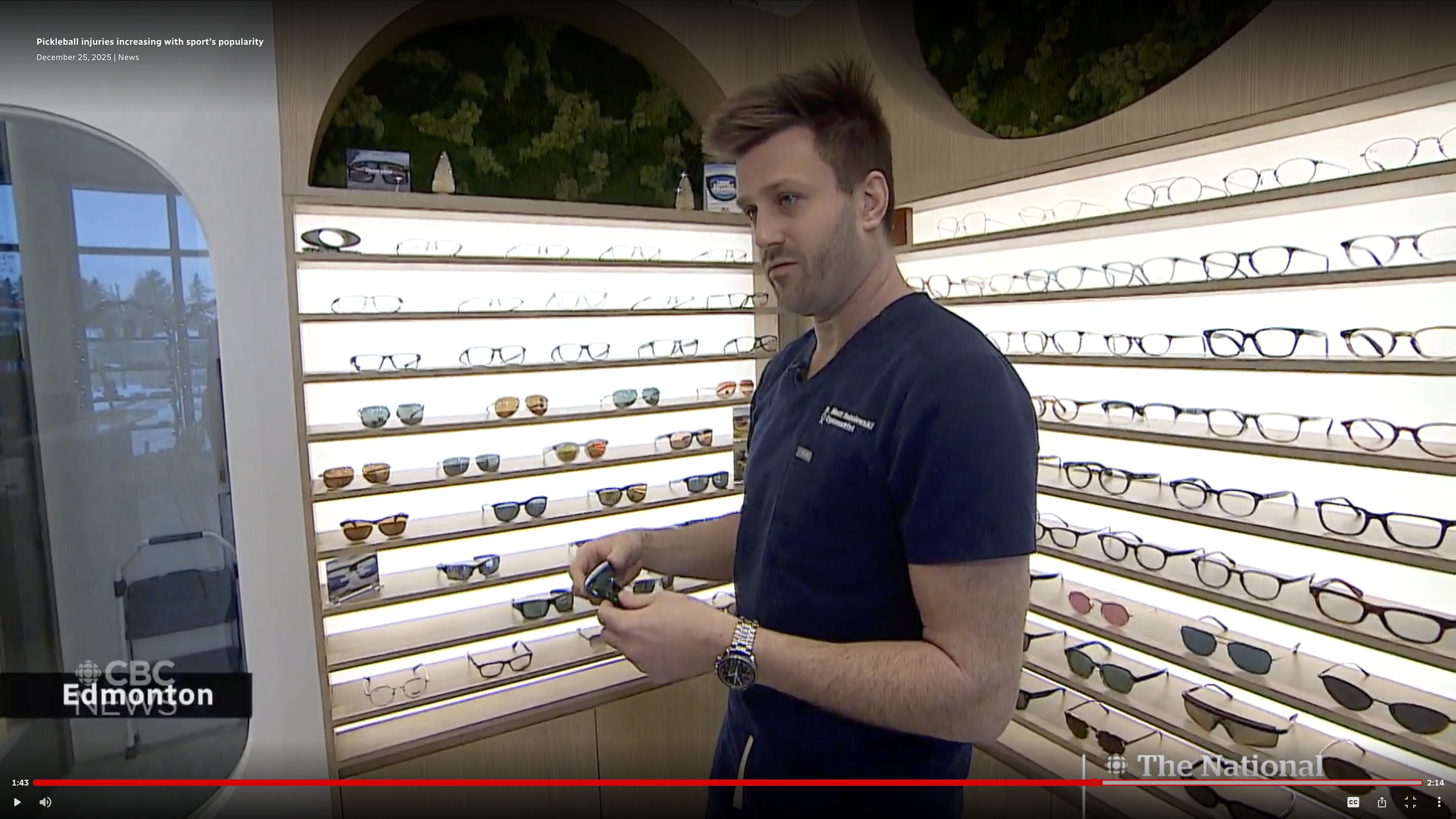How an Eye Exam Saved One Patient's Life
When most people think of an eye exam, they imagine reading letters off a chart, trying on different prescription lenses, or perhaps getting a new pair of glasses.
As an optometrist, I've always believed in the power of regular eye exams. They're not just about ensuring clear vision; they can also be a window into a person's overall health.
One case stands out in my career, illustrating how crucial these exams can be. It's the story of how a routine eye check-up led to the discovery of papilledema, which in turn unveiled a life-threatening brain tumour.
Understanding Papilledema
Before diving into my story, it's essential to understand what papilledema is. The optic nerve transmits visual information from the retina to the brain. Increased pressure inside the skull, known as intracranial pressure, can cause the optic nerve to swell. This swelling is termed papilledema.
Papilledema isn't a disease but a symptom of an underlying condition, often something as serious as a brain tumour, infection, or hemorrhage.
The symptoms of papilledema can be subtle. Patients might experience transient visual obscurations, brief episodes where vision seems to momentarily "blackout," especially upon standing or changing posture. However, many dismiss these signs, attributing them to fatigue, stress, or other benign causes.
A Routine Appointment with Unexpected Findings
One day, a patient, whom I'll call Sarah, came in for a second opinion because she felt like her vision was just off. She mentioned experiencing occasional blurriness and some fleeting headaches but didn't seem overly concerned. Her primary concern was that she didn't like her new eyeglasses and thought the prescription was off. She had purchased new eyeglasses about six months ago, and her last eye exam was a few months before that. She noted that when she got the new eyeglasses, everything was great.
Her visual acuity was slightly reduced in the eye she felt was off, and our autorefractors found very little difference in the prescription. However, as I looked into the back of her eyes, I noticed the telltale signs of papilledema. The borders of the optic nerve appeared blurred, and there was a distinct elevation.
Given the potential implications of this finding, I asked Sarah more about her symptoms over the past few days. She recounted transient vision loss, especially when standing up quickly. She also noted that her eye seemed to look larger and that her one eye always felt dry. She also stated that she developed a dull headache about two months ago that never disappeared.
We ran a few other tests in our office, like our optomap autofluorescence (AF) imaging and 3D OCT retinal imaging scans, to rule out other possible conditions and to show her what I was seeing. In addition, we ran a visual field test and noticed a general suppression of her vision in one eye.
From Eye Exam to Life-Saving Diagnosis
I immediately referred Sarah to the on-call ophthalmologist at the Royal Alexandra Hospital for further evaluation that evening. After undergoing a lumber puncture and later an MRI, she was diagnosed with a brain tumour. The tumour was causing increased intracranial pressure, leading to the papilledema I observed during her eye exam.
The discovery was undoubtedly overwhelming for Sarah. However, her medical team was able to devise a timely intervention plan because of the early detection. The tumour was operable, and Sarah underwent successful surgery shortly after her diagnosis.
In the end, Sarah lost most of the vision out of the eye because the tumour grew around the optic nerve. But the vital portion was that it had yet to spread.
Regular Eye Exams by an Optometrist Are Important
Sarah's story serves as a poignant reminder of the profound impact regular eye exams can have. As optometrists, we're not just checking vision; we're gatekeepers for our patients' overall health. It's a responsibility I don't take lightly.
Today, Sarah is in good health and advocates for regular eye check-ups with your optometrist or ophthalmologist. Her story underscores the importance of not dismissing seemingly minor symptoms and the life-saving potential of routine examinations.
To all reading this, I urge you to prioritize your eye health. It's not just about seeing the world clearly; it's about ensuring you're around to see it for years. If you notice any changes in your vision or feel that something isn't right, it's important to let us know.
Your journey to better eye health starts with Helio Optometry. Contact us today to learn more.
Check Out Some Other Articles









